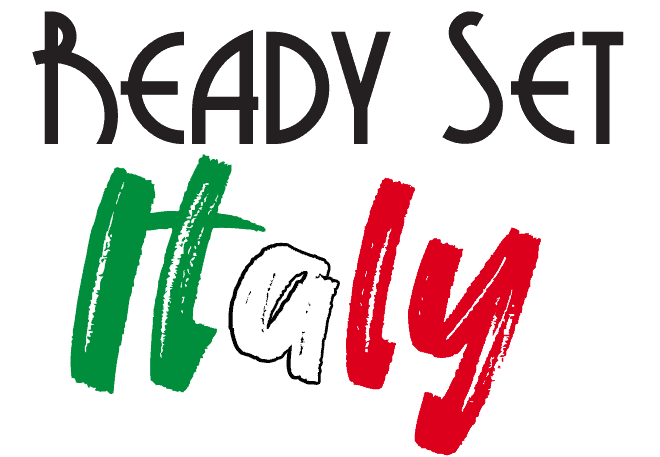Planning a trip to Italy? You need to know about Italian holidays before you go, as they can impact opening hours, availability of attractions and restaurants, crowds, hotel rates, and transportation. On the other hand they can be the perfect opportunity to immerse yourself in the rich culture of Italy.
This guide will overview the major Italian holidays, key concepts travelers should understand, and tips to remember when planning your Italian vacation around these popular celebration days.
Best Seasons to Visit Italy
Before we discuss Italian holidays, let me show you some of the best seasons to visit Italy.
| Locations | Best Time to Visit | Why |
| Popular cities like Rome, Venice, and Florence | October to March | Lower crowds, lower prices |
| Tuscany | Late spring, autumn | Pleasant weather, wine festivals, stunning landscapes |
| Amalfi Coast | April-May, late September-October | Warm weather, lower crowds |
| Italian Riviera | Early spring, autumn | Mild weather, fewer tourists |
| Dolomites | Year-round | Skiing in winter, hiking/biking in other seasons |
Understanding Italian Holidays and Traditions
Italians love their holidays and often take advantage of a public celebration close to a weekend to string together multiple days off. This is known as il ponte or “the bridge.” For example, if a Tuesday is a holiday, Italians might also take a Monday off to bridge the gap between the weekend and the holiday. Bridge holidays mean more crowds traveling and heavy traffic on roads and at popular tourist sites.
In 2022, most Italian holiday trips were for pleasure and leisure. Italians took about 21.7 million long vacations (4+ overnight stays) and 15.5 million short getaways (1-3 overnight stays).
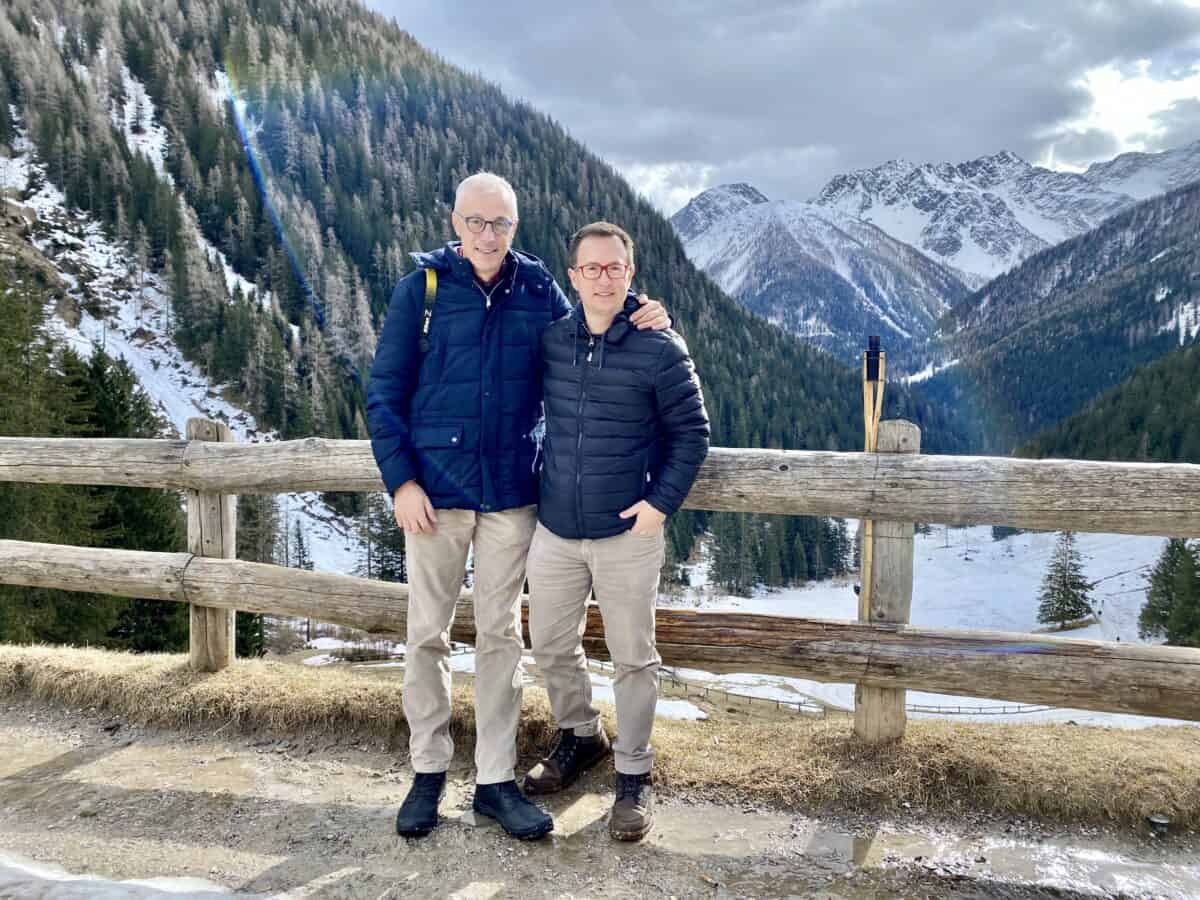
The Christmas season and summer beach holidays are peak Italian travel times when hotels may charge higher rates. During major holidays, most stores, restaurants, museums, and attractions could be closed on the holiday proper. However, accommodations and sites in main cities catering to tourists stay open or have limited closures. Smaller towns and rural areas shut down completely on big holidays.
National Holidays in Italy
The most important national Italian holidays that tourists should know include:
The Christmas Season (December 8 – January 6)
December 8 (Feast of the Immaculate Conception): Marks the start of the Christmas season with light displays and holiday markets. Expect crowds at ski resorts and shopping areas.
December 24-26 (Christmas Day /Eve & Boxing Day): Virtually all businesses close on Dec 25. Restaurants and attractions may close early on the 24th and 26th as well. Book restaurants months in advance for Dec 24-25. Trying to reserve on short notice will take a lot of work and or it might be impossible. For most people, Christmas and the day after is the most popular holiday in Italy.
December 31 (New Year’s Eve) & January 1 (New Year’s Day): There is no shortage of wonderful celebrations on NYE in Italy, with fireworks and parties going well past midnight. However, expect widespread closures and transportation disruptions on Jan 1. Book NYE dinner reservations very early.
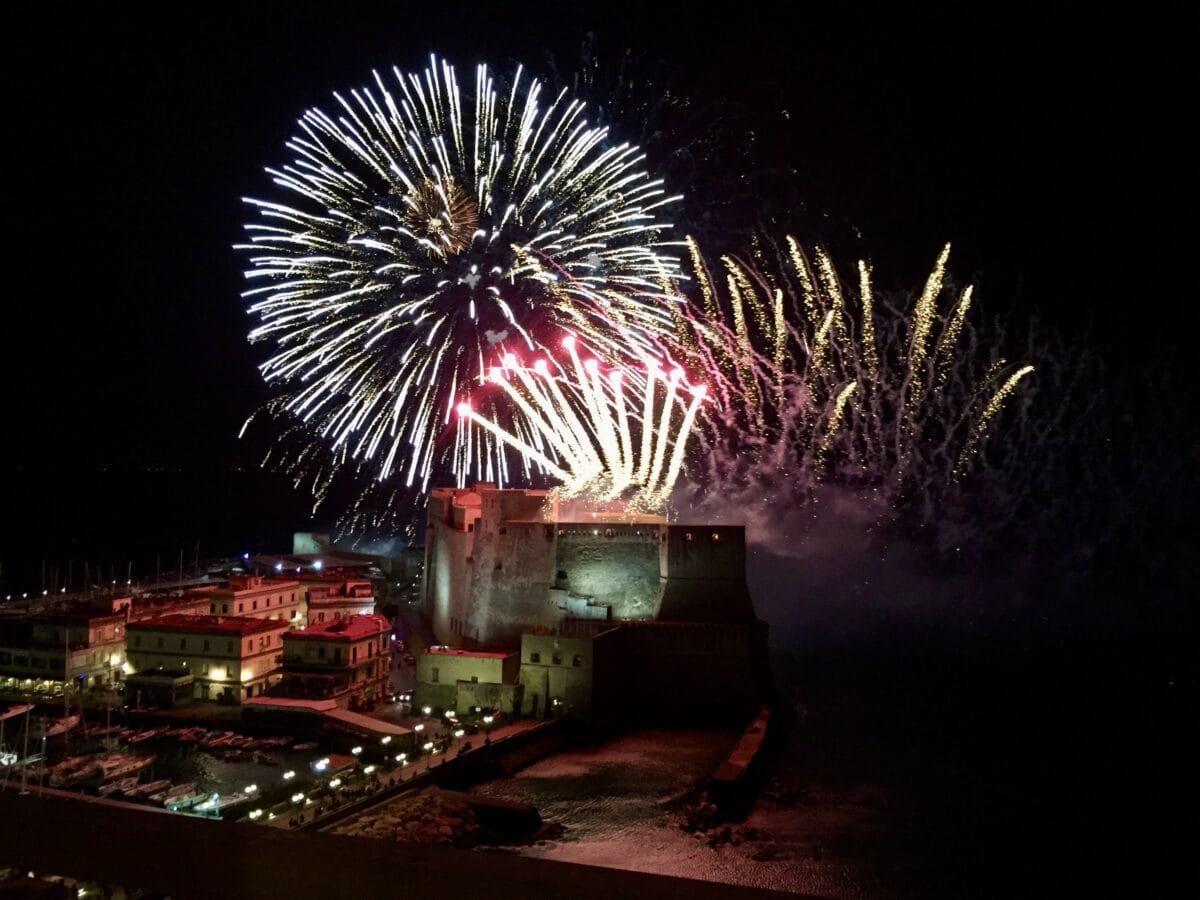
January 6 (Epiphany Eve or La Befana): The final day of the Christmas season sees the end of the school holiday and decorations being taken down. Expect crowded highways and transport as vacationers return home. Hotels are also likely to be booked solid.
Easter Week (March/April)
Like with many primarily Catholic countries, Easter Week sees locals flocking to resort towns and beaches for vacation, making travel, event booking, and restaurant reservations very difficult at the last minute during this window. Easter weekend itself sees nearly universal business closures on Easter Sunday and Monday.
Leave plenty of wiggle room in Easter Week plans or avoid this week altogether if crowds will pose a major inconvenience. There’s also a crowd of over six million locals plus foreigners dining out at restaurants during Easter, so it’s better to avoid restaurants during this week.
Liberation Day & Labor Day – “Il Ponte” Week (Late April/Early May)
Italians regularly take full advantage of the proximity between Liberation Day (April 25) and Labor Day (May 1) to create an extended vacation week.
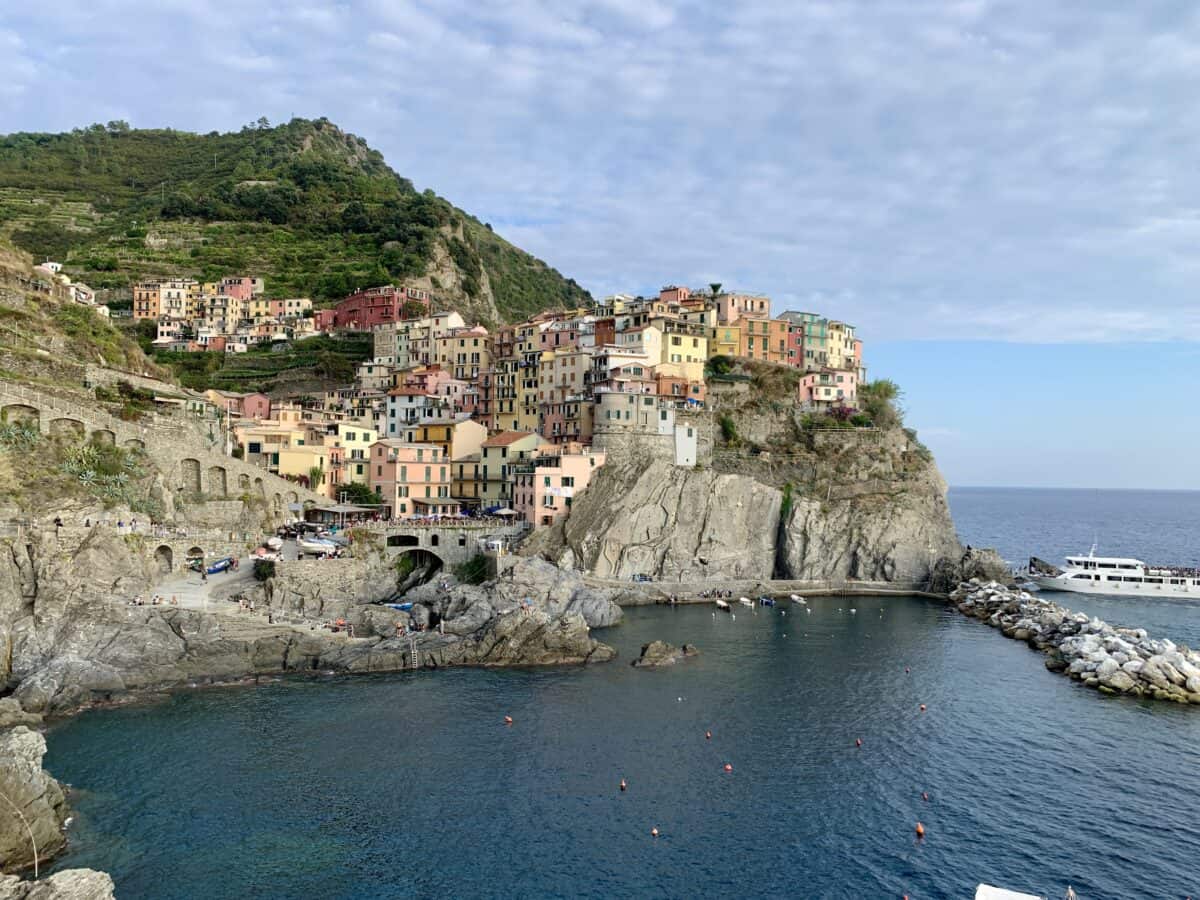
Expect heavy local vacation travel, finite restaurant and tour availability, potential attraction closures, and the likelihood of locals being “out of the office” this week. Unless joining in the vacation spirit, steer clear of Italy between these two holidays when possible.
Ferragosto – Peak Summer Holiday For Italians (August 15)
Italy essentially shuts down during Ferragosto as locals swarm beaches, lakes, and mountain resorts for the mid-August holiday. Prices surge, highway traffic peaks and hotels/restaurants book up months in advance. There were 9.6 million visitors recorded during August 2022.

While the vibrant holiday spirit certainly infuses cities like Rome and Milan as well, visitors should anticipate closures, shoulder-to-shoulder crowds, sweltering weather, and long lines at open attractions.
Again, unless joining the Italian vacation tradition, Ferragosto is a week to possibly avoid or, at minimum, prepare for the holiday frenzy.
Tips for Tourists
Using this overview of Italian holidays, here are some key tips to help tourists better plan around these impactful dates:
- Check Online Calendars – Review online holiday calendars for Italy before choosing trip dates to understand the impacts of holidays, major local festivals, or election weekends.
- Book Well in Advance – For trips over Christmas, New Year’s, Easter, or the summer holidays, book hotels, tours, and restaurant reservations 4-6 months in advance whenever possible. Trying to make last-minute reservations during these periods will be extremely challenging.
- Temper Expectations – Understand that closures, disruptions, crowds, elevated prices, and limited availability are inevitable around major holidays. Factor this into plans. Have contingency options available if key attractions or restaurants unexpectedly close or are booked.
- Consider Side Trips – To avoid extreme crowds in iconic destinations like Venice, Rome, or Cinque Terre during the packed summer holiday weeks or Easter, consider side/day trips to less touristy nearby towns and villages where closures and crowds dissipate quicker.
- Embrace Festivities – While major holidays present logistical challenges, they offer travelers a chance to experience one-of-a-kind local traditions and events. The off-season can feel sleepy by comparison. Building a trip around Christmas markets in Bolzano, Carnevale in Venice, or Easter festivities could prove unforgettable if scheduling allows.
- Check Regional Websites – In addition to nationally recognized public holidays, individual cities, regions, and villages each hold special annual festivals, historical events, saints days, and commemorations of local significance. Check regional tourism board websites when planning trips for alerts on more localized events that could impact opening hours and availability.
- Use Public Transportation – Transit systems like high-speed rail, metros, and regional trains largely maintain holiday schedules year-round, providing a reliable option if renting a car proves challenging or driving conditions worsen over holidays. Consider booking rail passes ahead of peak weeks.
- Don’t Overschedule – Avoid rigid, hour-to-hour itineraries when visiting over bridge holidays/long weekends or the variable summer weeks. Locals frequently take vacation during these swaths, so expectations of minimal crowds or business as usual can prove off base. Save detailed scheduling for the off-season.
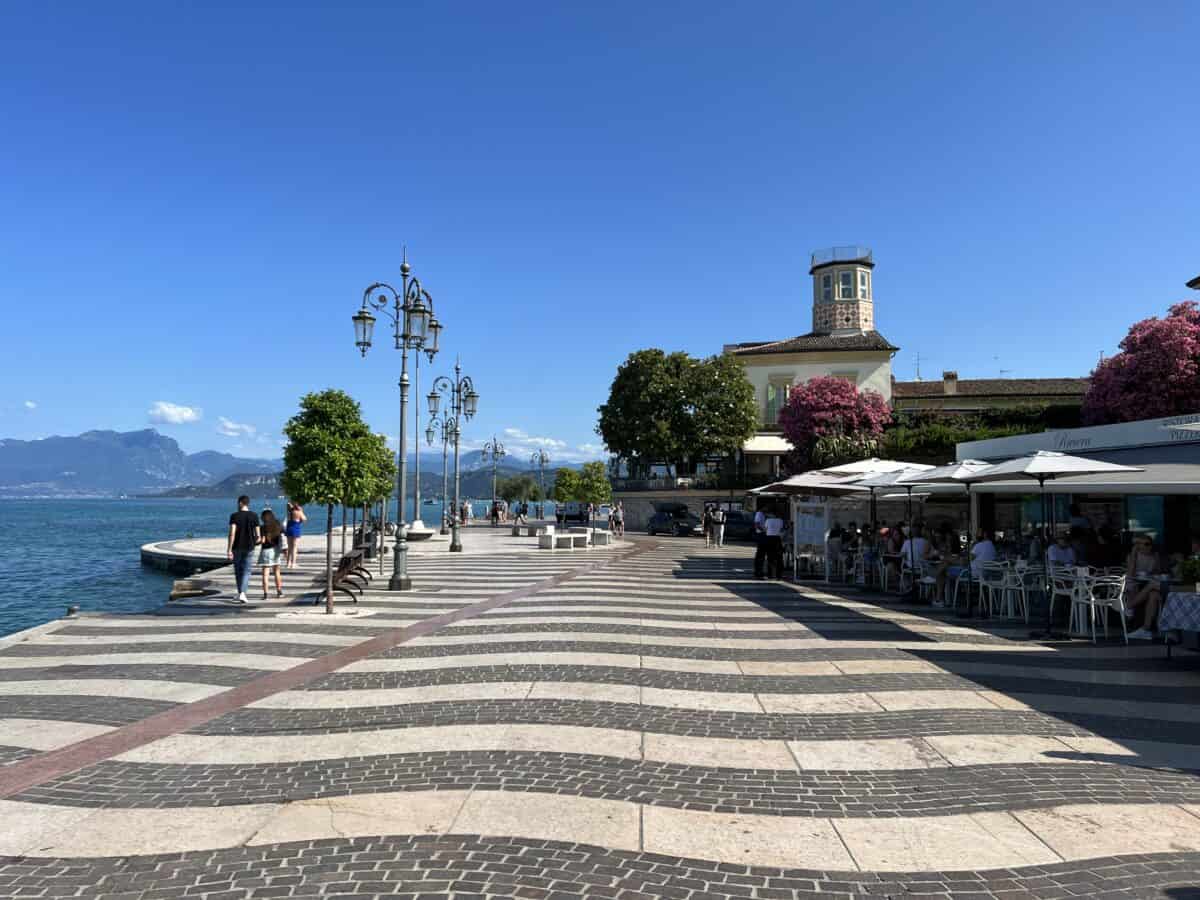
FAQs
Italy’s national celebration is Festa della Repubblica, held on June 2nd each year. The main festivities take place in Rome as Italians commemorate the founding of the Italian Republic.
The minimum paid holiday entitlement in Italy is four weeks per year. Additional days may be granted based on collective bargaining agreements.
Yes, Italy has many unique regional festivals and celebrations, such as Carnevale di Venezia (the Venice Carnival, known for elaborate masks and costumes) and the feast of Saint John the Baptist, with festivals from 21-24 June since medieval times.
Italian Heritage Day is celebrated on October 8th every year. It’s a day when Italian Americans across the US come together to celebrate their heritage at events like the one hosted by the Italian Cultural Society at the Italian Center.
Final Thoughts On Traveling The During Italian Holiday Season
Planning your travels in Italy around its many vibrant holidays will help make your visit smooth, cost-effective, and fun.
We hope you understand the key considerations around closures, crowds, costs, and available activities over Italy’s major public celebration dates.
